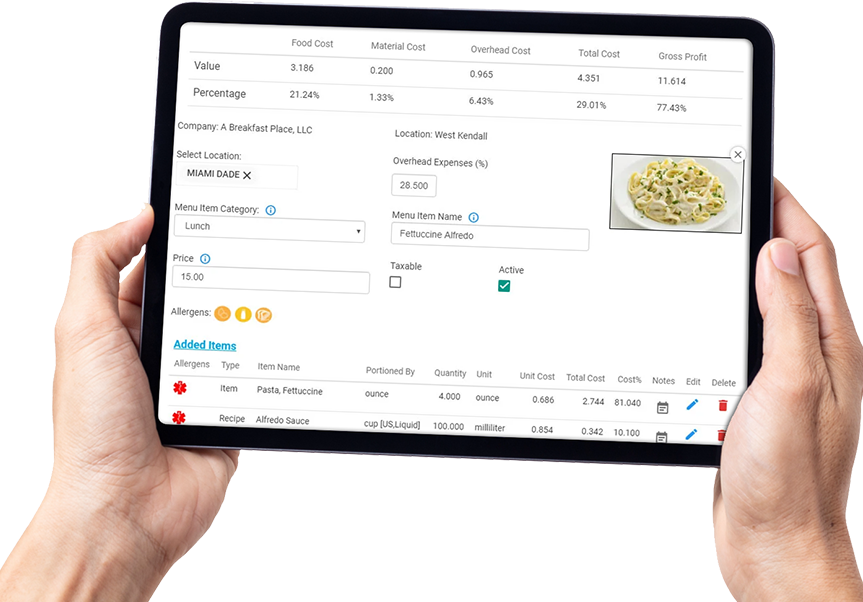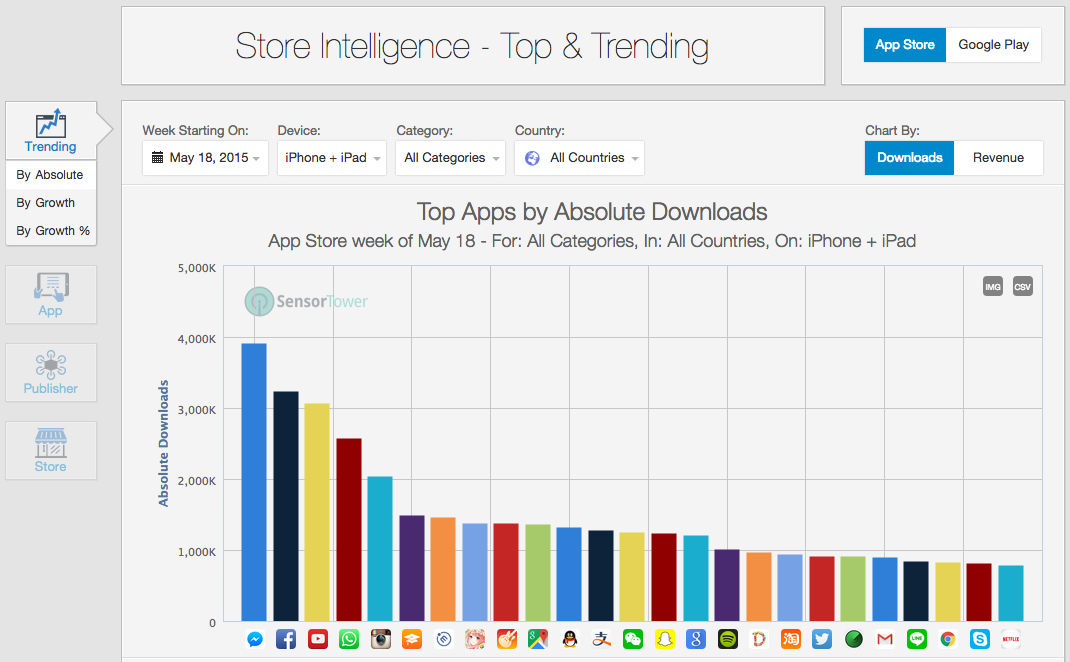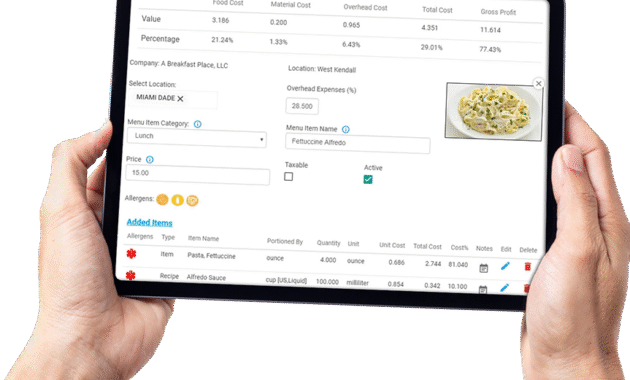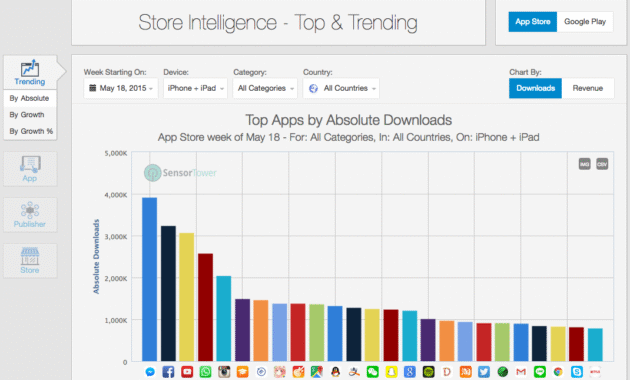Delivery Apps That Deliver Luxury Desserts open up a realm of indulgence, offering a unique experience for dessert enthusiasts eager to savor exquisite treats from the comfort of their homes. These platforms have revolutionized the way people access gourmet desserts, allowing customers to explore a curated selection of artisan confections, cakes, and pastries crafted by skilled chefs and bakeries.
As urban lifestyles become increasingly busy, the demand for high-quality dessert delivery has surged, prompting a variety of apps to cater to this niche market. Whether it’s a decadent chocolate mousse or a delicate macaroon, these apps elevate the dessert experience by providing convenience without compromising on quality, ensuring that every order is a delightful surprise.
In the contemporary landscape of digital communication, the significance of social media is undeniable. With billions of users worldwide, platforms such as Facebook, Twitter, Instagram, and LinkedIn have transformed the way individuals interact, share information, and conduct business. This article explores the profound impact of social media on society, examining its role in shaping personal relationships, influencing public discourse, and transforming marketing strategies.
1. The Evolution of Social Media
Social media has evolved significantly since the early 2000s. Initially characterized by simple networking sites like Friendster and MySpace, the landscape has dramatically shifted to encompass a variety of platforms that cater to diverse interests and demographics. The advent of smartphones has further accelerated this evolution, allowing users to engage with social media anytime and anywhere. According to a report by Statista, as of 2023, there are over 4.7 billion active social media users globally, a figure that underscores its pervasiveness in everyday life.

2. Social Media and Personal Relationships
One of the most notable effects of social media is its influence on personal relationships. On one hand, platforms like Facebook and Instagram allow individuals to maintain connections with friends and family, facilitating communication across long distances. Users can share moments from their lives in real-time, fostering a sense of closeness despite physical separation.
However, the impact of social media on relationships is not uniformly positive. Studies indicate that reliance on digital communication may contribute to feelings of isolation and anxiety, particularly among younger demographics. A survey conducted by the Pew Research Center found that 60% of teens reported feeling pressured to respond quickly to messages, which can lead to stress and burnout.
3. The Role of Social Media in Public Discourse: Delivery Apps That Deliver Luxury Desserts
Social media has emerged as a powerful tool for public discourse, providing a platform for voices that may otherwise remain unheard. Activism has found a new home on platforms like Twitter, where hashtags can mobilize support for various causes, from climate change to social justice. The Arab Spring serves as a prominent example, where social media played a critical role in organizing protests and disseminating information.
Nonetheless, the rise of social media has also raised concerns regarding misinformation and polarization. The rapid spread of unverified information can lead to public confusion and the reinforcement of echo chambers, where users are exposed primarily to viewpoints that align with their own. This phenomenon poses significant challenges for democratic discourse and the overall health of public debate.
4. Marketing in the Age of Social Media
For businesses, social media represents both an opportunity and a challenge. The ability to reach a global audience with targeted advertisements has made platforms like Facebook and Instagram essential components of modern marketing strategies. Brands can engage with consumers directly, gather feedback, and build communities around their products and services.
However, the competitive landscape is fierce. Companies must navigate the complexities of social media algorithms, which determine the visibility of their content. Additionally, the rise of influencer marketing has transformed traditional advertising paradigms, as consumers increasingly turn to social media personalities for recommendations. According to a survey by Influencer Marketing Hub, businesses earn an average of $5.78 for every dollar spent on influencer marketing, highlighting its effectiveness in reaching target audiences.
5. The Psychological Impact of Social Media
The psychological effects of social media usage are a topic of considerable research and debate. While social media can foster a sense of community and belonging, it can also lead to negative outcomes such as anxiety, depression, and low self-esteem. The constant comparison to curated representations of others’ lives can create unrealistic expectations and dissatisfaction with one’s own situation.
Moreover, the addictive nature of social media platforms is well-documented. The design of these platforms often encourages prolonged usage through notifications and algorithm-driven content, leading some users to spend excessive time online. This behavior can interfere with real-life interactions and responsibilities, contributing to a cycle of unhealthy habits.
6. Future Trends in Social Media
As technology continues to advance, the future of social media is likely to be shaped by several emerging trends. The integration of augmented reality (AR) and virtual reality (VR) into social media experiences is on the horizon, promising to create more immersive environments for users. Platforms like Snapchat have already begun to explore AR features, and as these technologies become more accessible, we can expect broader adoption.
Additionally, the growing emphasis on data privacy and security may lead to the emergence of new platforms designed with user protection in mind. As concerns regarding data breaches and surveillance rise, consumers may gravitate towards alternatives that prioritize their privacy and provide greater control over personal information.
7. Conclusion
In conclusion, social media has transformed the fabric of society, influencing how we communicate, engage, and conduct business. While it offers numerous benefits, including enhanced connectivity and marketing opportunities, it also presents challenges that require careful consideration. As users navigate this complex landscape, it is essential to cultivate a balanced approach that recognizes both the advantages and potential pitfalls of social media engagement.
Ultimately, the evolution of social media will continue to shape our interactions and societal norms for years to come.










